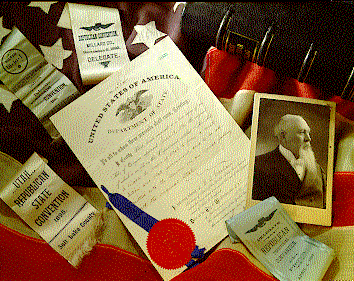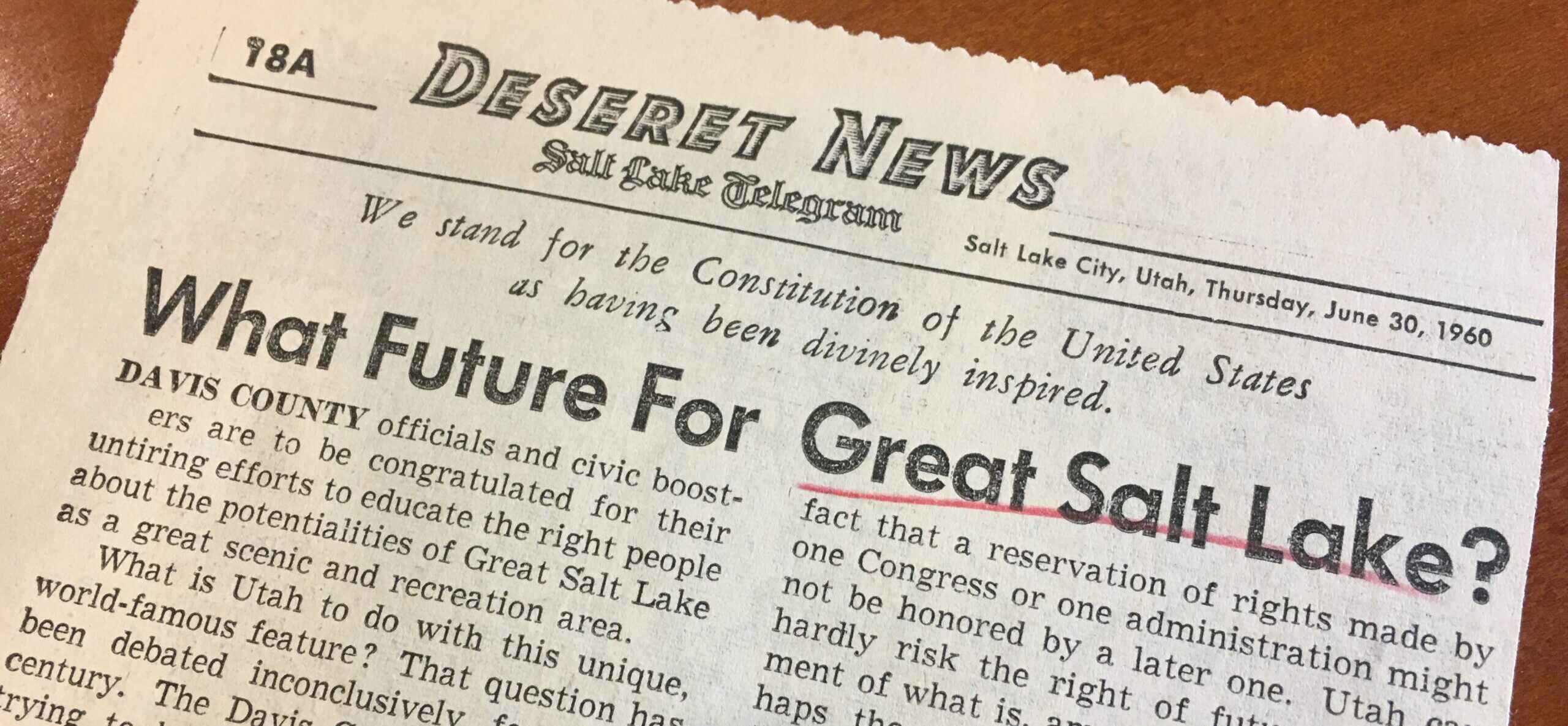
2012 Records Management Resolution, pt. 3: Communicating with Your Legal Department
 The first week of March is behind us, and the days are getting longer and warmer. Typically, we associate this time of year with spring cleaning; throwing out the old to make room for the new. Remember that records management resolution from January? We do. In part one, we challenged records officers to evaluate current records management practices in their offices. In part two, we challenged records officers to inventory in-office records and consider using a “big bucket” approach to organize and schedule record series. In part three, we want to encourage records officers to develop a relationship with their legal team.
The first week of March is behind us, and the days are getting longer and warmer. Typically, we associate this time of year with spring cleaning; throwing out the old to make room for the new. Remember that records management resolution from January? We do. In part one, we challenged records officers to evaluate current records management practices in their offices. In part two, we challenged records officers to inventory in-office records and consider using a “big bucket” approach to organize and schedule record series. In part three, we want to encourage records officers to develop a relationship with their legal team.
A solid records management program solicits input from all key business partners. Successful records management programs are run by a team of records managers, IT staff, legal counsel, and department directors or senior level executives. Buy-in across all levels of an organization is essential for creating and implementing a successful records management strategy. Challenges created by electronic records have kept the conversation in IT.
In Utah, and other government-run records management offices, records management programs and retention requirements are mandated by law. This means that records officers are obligated to implement and uphold the legal requirements in their offices. The Government Records Access and Management Act (GRAMA) is one of Utah’s records laws. Interpreting the law can be difficult for records officers who do not have a legal background. Understanding and applying the law is best accomplished by establishing a clear line of communication with your agency’s legal counsel.
Records officers may need to rely on their legal counsel to interpret and give legal advice when they receive complicated records access requests. Most records officers do not have legal training and may be unclear about how to interpret the law in response to a request. In these instances, the records officers have an expectation that their legal counsel can interpret the law and provide guidance for responding to a records access request. In practice,
many lawyers all too often have little or nothing to do with the management of their most vital resource [records]….most lawyers have little or no knowledge or interest in filing systems and methods, indexing, database architecture, and other mundane issues that enable records management as a practice tool. Such issues are, so the conventional wisdom goes, the responsibility of others.[1]
Communicating with legal means understanding how the legal field has traditionally viewed records management and demonstrating to legal why and how their role in your records management program is vital to the agency’s mission.
What can records officers do to better communicate and encourage participation from their legal counterparts?
- Involve legal counsel in records related meetings. Understand that they are busy and their time is valuable; help them understand that their input is vital to the success of an agency’s records management program.
- Ask your in-office legal counsel to tell you what role they would like to play in the records request process.
- Ask your in-office legal counsel to tell you what procedures you can implement to make their participation in the records access/request process easier. Alert them to any legal timelines for response and work together to create a process that works for all parties involved.
- Whenever you make changes to your records management program or policy, invite your in-office legal counsel to lunch to explain the changes (if they were not involved with making the changes) and answer any questions they may have. Everyone loves a free lunch now and again!
- Ask your in-office legal counsel if you can meet quarterly, bi-annually, annually, whatever works best for both of you to review any new laws, cases, or precedents that might affect records access issues for your office.
- Additionally, let your legal counsel know what you need from them in order to do your job effectively. They may not realize some of the issues you are dealing with.
The reality is that records management is often perceived to be an administrative function only. This mentality can be a barrier to getting organizational buy-in for your records management program across all levels of the entity. Legal and IT are typically only involved in the process after something has gone wrong. However, legal should take an early and active interest in effective records management because:
- Litigation and regulatory requirements often control whether a document can be discarded.
- Litigation-related costs are the indirect but larger cost of too much storage. This hidden cost should be addressed by the group that is ultimately responsible for managing litigation.[2]
Whatever you do the best approach for bringing legal to the table and ensuring their cooperation in your records management program is to show them that they need to be invested in the process. Successful records management programs are often built from the ground up. Inviting legal to the table is crucial to supporting a reliable and relevant records management program.
[1] Cunningham, George C. and John C. Montana. “The Lawyer’s Guide to Records Management and Retention”. American Bar Association. 2006
http://www.amazon.com/Lawyers-Guide-Records-Management-Retention/dp/1590314506 Accessed March 2012
[2] Electronic Storage Best Practices. October 2007.
http://www.fulcrum.com/reducing_discovery_costs.htm Accessed March 2012
Recent Posts

New Finding Aids at the Archives: April 2024

ARO Spotlight: Debbie Berry from the Division of Water Rights

Utah History Day 2024: Archival Research Winners

From Pews to Pixels: Weber State’s Stewart Library Digitizes New Zion Baptist Church’s Legacy

New Finding Aids at the Archives: March 2024
Authors
Categories
- Digital Archives/
- Electronic Records/
- Finding Aids/
- General Retention Schedules/
- GRAMA/
- Guidelines/
- History/
- Legislative Updates/
- News and Events/
- Open Government/
- Records Access/
- Records Management/
- Records Officer Spotlights/
- Research/
- Research Guides/
- State Records Committee/
- Training/
- Uncategorized/
- Utah State Historical Records Advisory Board/